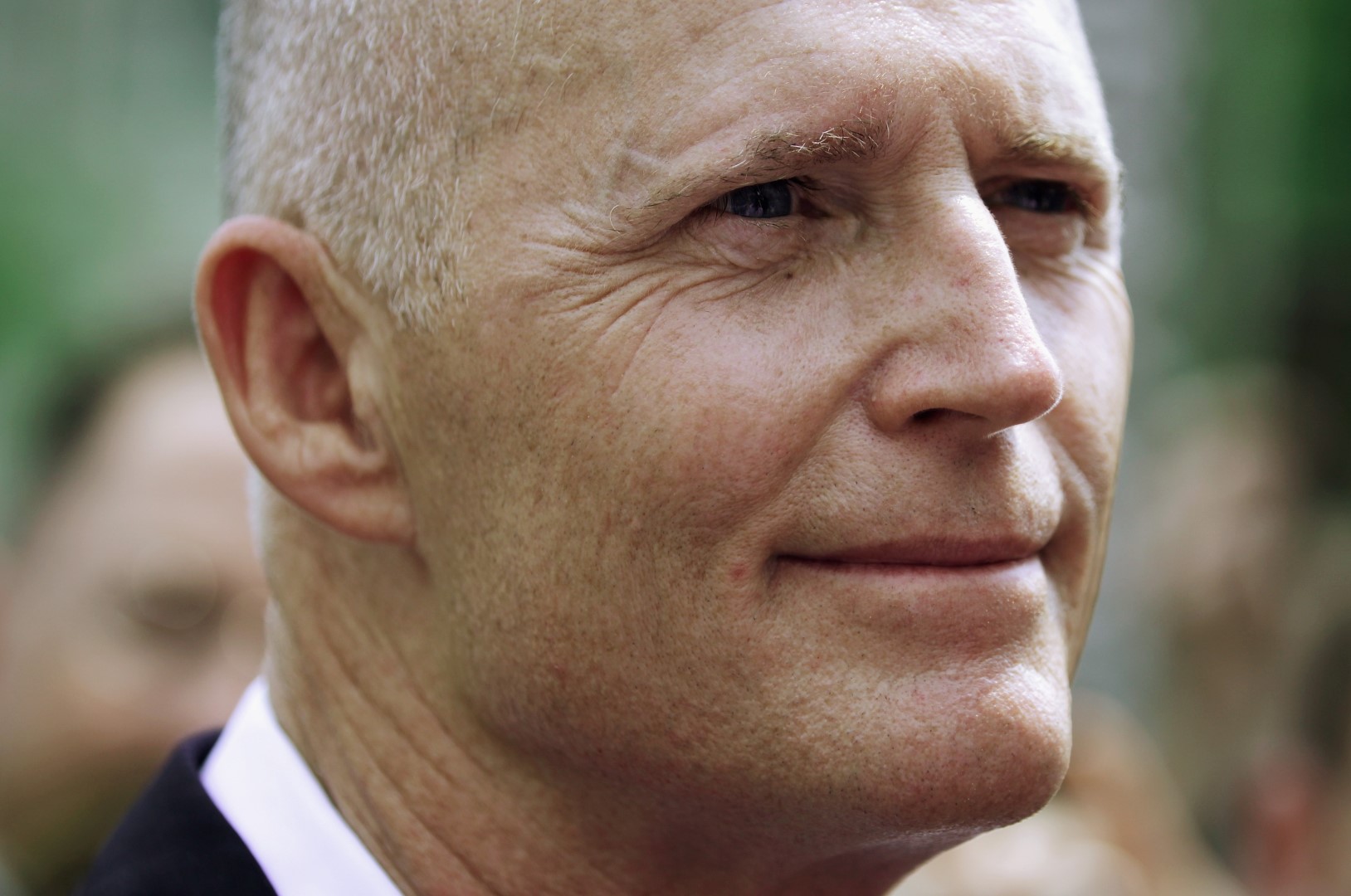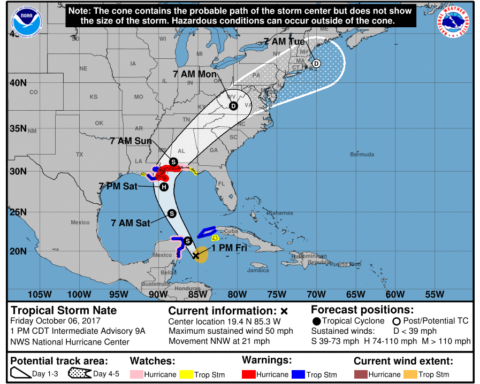Despite difficult economic times over the last few years and an obstinate stance against Medicaid expansion among the Florida House majority, you might expect safety-net hospitals to struggle to turn a profit. Not so, according to Phil Galewitz in Kaiser Health News:
So-called safety-net hospitals, many of which are supported by local or county taxpayers, often struggle financially because they see a high proportion of patients that are either uninsured or enrolled in Medicaid, the state-federal program that pays less money than Medicare or private insurers. The hospitals face added pressure from providing high-cost and traditionally money-losing services such as trauma and burn care. They also have the expense of training doctors.
And yet
— Broward Health, which runs four hospitals, saw $69 million in profit in the 2014 fiscal year that ended June 30, compared to $59 million a year earlier, on about $1 billion in revenue. That included support from local taxpayers.
— Orlando Health, a six-hospital system in central Florida, saw its profit grow to $161 million in the fiscal year that ended in September, up from $32 million the year before, on about $2 billion in revenue. Its vice president of finance, Paul Goldstein, cited the improving economy, an increase in the number of privately insured patients and the financial performance of recently purchased doctors’ groups.
— Tampa General posted a $49 million profit last year, up from $31 million the year before, on $1 billion in operating revenue. Its operating margin was 4.5 percent.
…
In 2014, Florida safety-net hospitals also benefited from a strong tourist season and lower unemployment rates, [Safety Net Hospital Alliance Of Florida President Tony] Carvalho said.
The improved economy also helped many safety-net hospitals that are supported through local property and sales taxes, such as Broward Health and Jackson Memorial, said David Gruber, managing director of research at Alvarez & Marsal consulting firm.
The public-private hospitals do face uncertainty related to possible health-care cuts in the federal budget, particularly in the 22 states whose state governments have not expanded Medicaid under the Affordable Care Act, industry advocates say.
Meanwhile, safety-net hospitals in Florida fear what will happen after June 30 when $2 billion in federal funding expires under an agreement between the state and the federal government. Under such agreements, the federal government supplies billions of dollars in special Medicaid dollars to certain states including Florida, Texas and California to support hospitals with large numbers of Medicaid and uninsured patients.
“Without those dollars we have an unsound system,” said Carvalho.
For now, though, hospital executives say safety-net operations figure to continue doing just fine financially.
Greenville Health has kept in the black partly by finding ways to trim charity care costs, said Chief Financial Officer Terri Newsom. The South Carolina hospital has hired case managers to oversee care to some of the uninsured patients who show up regularly at its emergency department. It also launched a program to divert ambulances with patients who do not have medical emergencies to urgent care centers.
Though the hospital worked to get people signed up for Obamacare plans, it only saw a 1 percent drop in uninsured numbers last year. Nonetheless, administrators say the health system is in good shape. “We are in stable health and making the right investments,” Newsom said.









